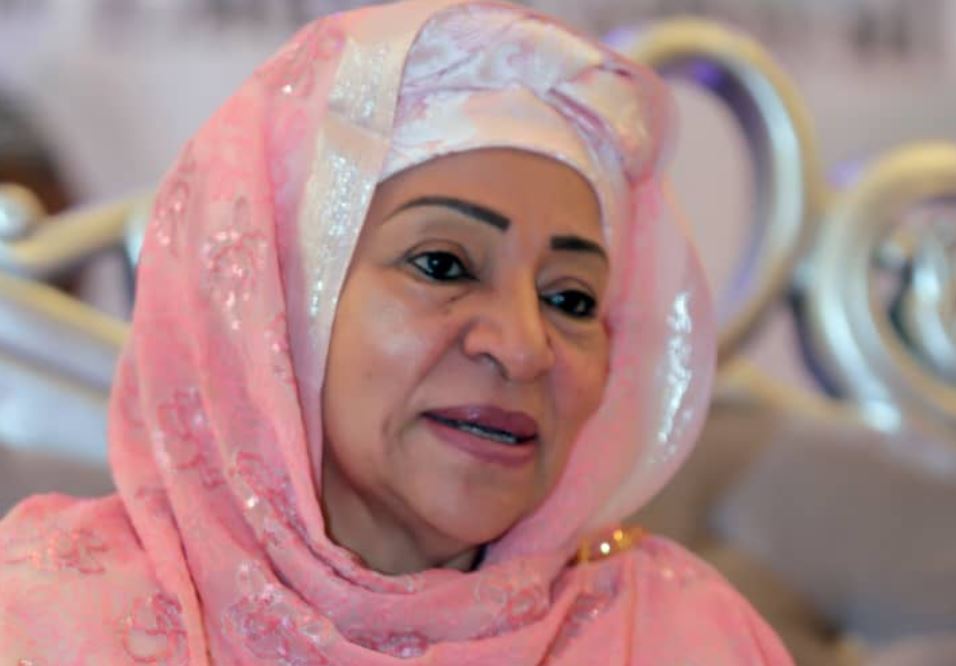Unlocking Ghana's BPO Goldmine: A call to action
In an era where global businesses are relentlessly seeking efficiency, scalability, and cost reduction, has become a vital strategic tool in this pursuit, allowing organisations to offload non-core functions to specialised third-party providers. The global business process outsourcing market was valued at $302.62 billion in 2024 and is projected to grow at a Compound Annual Growth Rate of 9.8% from 2025 to 2030, according to Grand View Research. Many countries are reaping the dividends of early and deliberate investment in this space. Countries such as India and the Philippines have long dominated the BPO landscape, but Africa currently holds a small but growing share of the global BPO market. With a mere of this vast market, South Africa, Egypt, and Morocco command approximately of the continent's share. This presents a significant opportunity for Ghana to carve out a substantial slice of the pie.
Business Process Outsourcing (BPO) is a strategic business practice where companies delegate specific non-core functions such as customer service, IT support, finance and accounting, data processing, and human resource management to external service providers. These tasks, while essential to the smooth operation of a business, are not central to its unique value proposition or primary mission. By outsourcing these functions, organisations are able to concentrate their time, talent, and resources on core areas such as product development, innovation, market expansion, and customer experience activities that directly drive competitive advantage and business growth.
At its heart, BPO is about enhancing efficiency, reducing operational costs, and improving service quality. External providers often have specialised expertise, dedicated infrastructure, and a scalable workforce, enabling them to deliver services more effectively and at a lower cost than in-house teams. This model not only brings financial savings but also offers access to cutting-edge technology, round-the-clock support, and global best practices.
Over the years, BPO has evolved beyond traditional call centres. It now encompasses complex knowledge-based services, including legal processing, analytics, digital marketing, and even software development, forming what is known as Knowledge Process Outsourcing (KPO) and IT-enabled Services (ITES).
In today's fast-paced, digitally-driven economy, BPO has become an integral part of global business strategy, helping companies remain agile, competitive, and customer-focused in an increasingly dynamic market landscape
The global BPO industry is vast and highly competitive, with several multinational companies leading the charge. These industry giants serve clients from virtually every sector, and their operations highlight the global demand for outsourced services. For instance:
These companies are emblematic of how strategic outsourcing can transform business performance. The continued growth of this sector presents a major opportunity for new and emerging BPO destinations like Ghana.
Ghana has a skilled and educated workforce and can boast a rapidly growing pool of young, educated professionals. The World Bank reported in 2022 that the youth literacy rate in Ghana (ages 15-24) in Ghana was at 90.60%. Universities and tertiary institutions in Ghana continue to produce thousands of graduates annually, especially in business administration, IT, and communication, which are the key areas for BPO services. With appropriate training programs, this workforce can be equipped to meet global service standards.
Also, as an English-speaking country, Ghana has a strong advantage in global communication. In the 2022 EF English Proficiency Index, Ghana ranked 41st globally out of 111 countries with a "moderate proficiency" score, placing it 4th in Africa. This high level of English fluency is a critical asset for serving international clients, particularly those from English-speaking markets. Furthermore, many young Ghanaians are also proficient in French, opening doors to Francophone markets. This facilitates smoother client interactions, particularly with markets in North America, the UK, and Europe, where English is the primary business language.
Ghana's geographical position on the West African coast also provides a valuable time zone advantage, with minimal time differences to the UK and Europe. This facilitates seamless, real-time collaboration and communication for businesses operating across these regions. Direct flights to major international hubs further enhance its accessibility. This is ideal for companies looking to provide real-time or near real-time services such as customer support and IT help desks.
Furthermore, Ghana has a well-established reputation for political stability and a robust democratic system, peace and political stability offering a secure and predictable environment for foreign investment. The services sector is a major pillar of Ghana's economy, contributing 49.2% of its GDP in Q4 2024. This signifies a supportive economic backdrop for BPO growth. The government is actively promoting the BPO sector through various initiatives, including the recent establishment of the Business Outsourcing Services Association of Ghana (BOSAG) in November 2024, which aims to be the industry's collective voice and advocate for supportive policies.
The "GBS Action Plan" is a strategic roadmap designed to attract foreign investment and foster innovation within the sector. Continued investment in robust digital infrastructure, including reliable telecommunications and state-of-the-art digital infrastructure like the Ghana Digital Centres, the launch of AIDEC Digital's state-of-the-art BPO centre in April 2025 and the nationwide broadband expansion, not to forget the promotion of cybersecurity. The Ghanaian government also gives Incentives such as tax exemptions and credits for employing local graduates.
Lastly, Ghana offers competitive labour and operational costs compared to traditional BPO giants like India or the Philippines. These lower overheads allow foreign firms to maintain high service standards at reduced costs, creating a win-win scenario. This translates into significant cost savings for businesses looking to outsource operations, allowing them to optimise their budgets and achieve greater operational efficiency.
Deliberate Steps Toward BPO Leadership
For Ghana to fully realise its potential in the BPO industry, a coordinated, multi-sectoral approach is essential. Here are the key steps the country should consider:
As the global outsourcing landscape continues to shift, driven by digital transformation, remote work trends, and the search for cost-effective service destinations, Ghana stands on the threshold of a generational opportunity. This is more than a chance to attract foreign investment. It is a chance to reshape Ghana’s economic narrative for decades to come.
With its educated, English-speaking workforce, favourable GMT time zone, competitive operating costs, and remarkable political stability, Ghana holds the core ingredients needed to become a top-tier destination for Business Process Outsourcing (BPO). These are not just advantages; they are strategic assets in a fiercely competitive global market.
But for Ghana to seize this moment, deliberate, visionary action is required. This means crafting and executing a national BPO strategy that aligns infrastructure, education, policy, and promotion with global market demands. It means positioning Ghana not as an alternative, but as a premier choice for global outsourcing, capable of delivering high-quality services in IT support, customer care, finance, HR, and more.
If we act boldly and invest wisely, cultivating digital skills, strengthening broadband infrastructure, offering competitive incentives, and amplifying our presence on the global stage, Ghana can go beyond participation in the global BPO economy. We can lead Africa’s charge into it.
Let the world look to Accra, Cape Coast, Kumasi, Ho and even Wa as they once looked to Bangalore and Manila: a rising beacon of innovation, reliability, and opportunity.
*****
The Views, Comments, Opinions, Contributions and Statements made by Readers and Contributors on this platform do not necessarily represent the views or policy of Multimedia Group Limited.
DISCLAIMER: The Views, Comments, Opinions, Contributions and Statements made by Readers and Contributors on this platform do not necessarily represent the views or policy of Multimedia Group Limited.










